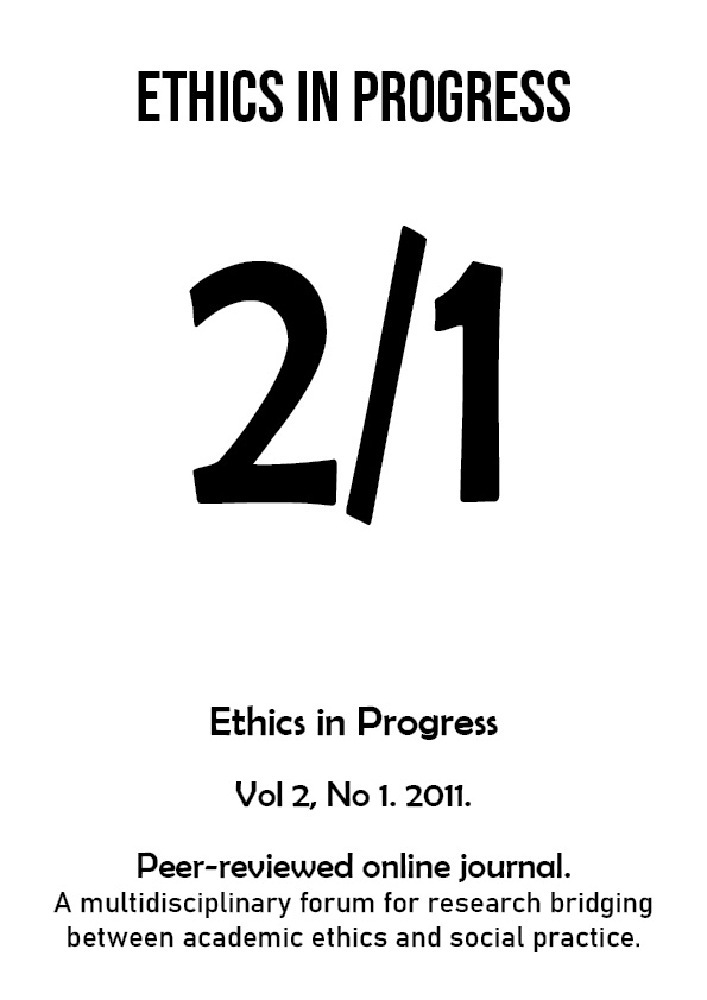Abstract
Our contribute compares the concepts of Japanese and German primary school children relating to the topic of death, healing in the context of values education and the ethics of care. This is a project of the German-Japanese Research Initiative on Philosophizing with Children (DJFPK), cialis 40mg which aims to facilitate individual autonomy by enhancing philosophical-ethical judgment. It encourages the application and appropriate transfer of values based on philosophical-ethical knowledge and acquired through independent reflection to the situations of daily life.References
Dobashi, T. (2007). ?INOCHI? oder die ?Endlichkeit des Lebens?. Toshiaki Ôse philosophiert mit japanischen Kindern. In: Eva Marsal, Takara Dobashi, Barbara Weber, Felix G. Lund (Herausgeber): Ethische Reflexionskompetenz im Grundschulalter. Konzepte des Philosophierens mit Kindern. Frankfurt/M.: Hodos, Peter-Lang Verlag, pp. 355-368.
Dobashi, T. (2008): The First Children?s Philosopher of Japan: Takeji Hayashi, in: THINKING, Montclaire, New Jersey USA: IAPC Vol. 18-3, pp. 35- 42.
Dobashi, T. (2009). School as Caring Community. Toshiaki Ôse philosophizes with Japanese Children. In: E. Marsal. T. Dobashi, B. Weber (Eds.), Children Philosophize Worldwide. International Theoretical and Practical Concepts. : Frankfurt/M.: PeterLang-Verlag, pp. 427-436.
Marsal, E. (2007). Das philosophische Rätselspiel als ?selbstläufiges? Gespräch: Philosophieren mit Kindern im öffentlichen Lernraum. In: Philosophical Foundations of Innovative Learning -Philosophische Grundlagen innovativen Lernens. Proceedings of the International. Conference on Philosophy for Children Kongressband des Internationalen. Kongresses für Kinderphilosophie. Daniela G. Camhy (Ed.), München, pp. 43 - 54.
Marsal, E. & Dobashi, T. (2005). Das Spiel als Kulturtechnik des ethischen Lernens, Münster: Lit Verlag.
Martens, E. (2003). Methodik des Ethik- und Philosophieunterrichts. Philosophieren als elmentare Kulturtechnik, Hannover: Siebert.
Marsal, E., Dobashi, T. (2009). Empirical Evaluation of Philosophy Instruction (P4C): Models, Methods, Examples In Children Philosophize Worldwide. International Theoretical and Practical Concepts. Editors: Eva Marsal, Takara Dobashi, Barbara Weber, Frankfurt: Peter-Lang-Verlag: Hodos Edition, pp. 473-478.
Maughn, G. (2004). Philosophical Thinking in the Classroom, in: Daniala G.Camhy & Rainer Born, ed.: Encouraging Philosophical Thinking, Sankt Augustin: Academia.
Nakamura, H. (Hrsg., 2003). Shi o Tôshite Sei o Kangaeru Kyôiku (Teaching Life through Death), Tokyo: Kawashima Shoten.
Ôse, T. (2004). Kagayake, Inochi no Jugyô, Tôkyô: Shôgakukan.
Satô, M. (1992). Nippon ni okeru Shi no Kannen (The View of Death in Japan), in: Sei to Shi (Life and Death) Tokio: Tokyodaigakusyuppankai.
Terasawa , M. (2002). Nipponjin no Seishinkozo (The Structure of the Spirit in the Japanese) , Kyoto: Kôyoshobô.
Varley, S. (1984). Badger?s Parting Gifts, New York: Lothrop, Lee & Shepard Books.




